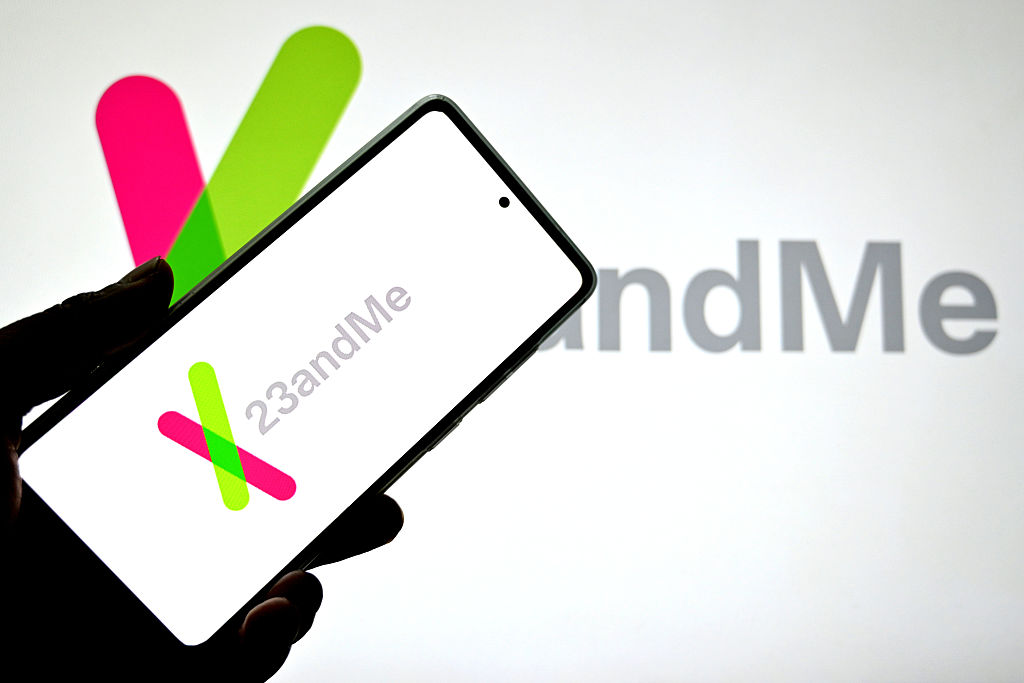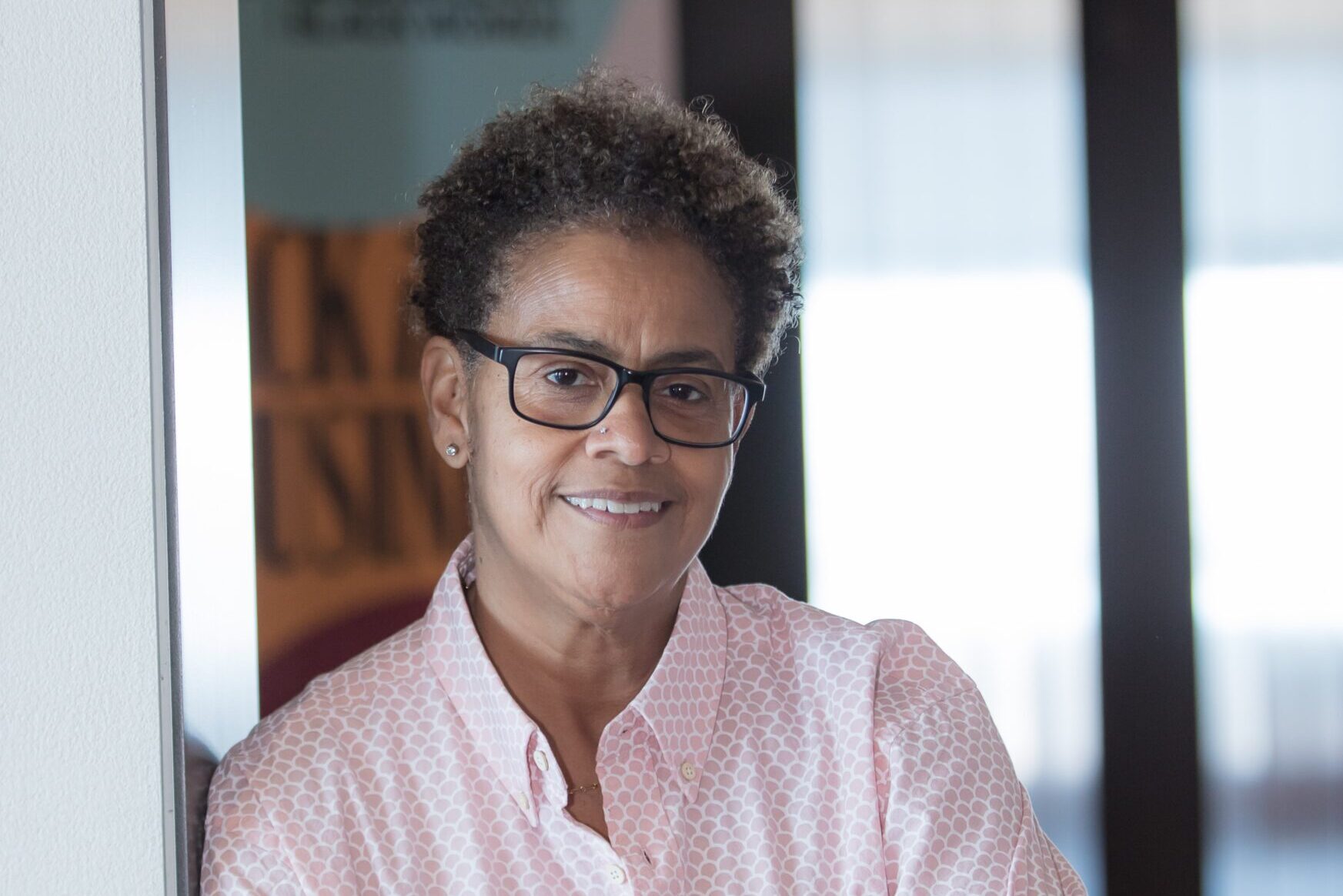To empower communities of color, Apple has committed $25 million to credit unions and financial institutions, which it will deploy through CNote, a women-led impact investment platform.
CNote is thrilled to work with @Apple to expand access to capital in communities of color across the country!https://t.co/VfJS54uUG6 pic.twitter.com/WcvJlI5fF6
— CNote (@goCNote) May 5, 2022
Funding Will Support Credit Unions
CNote — an Oakland-based fintech that has access to various mission-driven deposit institutions — serves as a bridge between corporations and investors who are looking to ensure underserved communities receive support and financial resources.
According to a press release sent to AfroTech, Apple’s first round of funding has already been distributed to local credit unions that are providing opportunities for communities of color to become financially secure. Beneficiaries include Latino Community Credit Union in North Carolina, Bank of Cherokee County in Oklahoma, and Carver State Bank in Georgia.
Apple’s Director of Racial Equity & Justice Initiative Alisha Johnson revealed that 79 percent of Latino Community Credit Union members are low income and 65 percent of members were previously unbanked before joining the credit union. To accommodate the demographic and bolster their credit, the local bank accepts alternative credit history lines such as rent and utility payments.
Latino Community Credit Union efforts model the importance of supporting banks making a direct impact in underserved communities and Apple is committed to furthering its efforts to increase capital in minority communities.
“We specifically are focused on credit unions because they’re the bedrock of so many communities, especially those that are historically underbanked and don’t have access to traditional banking services,” Johnson told AfroTech.
Continuation Of Apple''s Racial Equity & Justice Initiative
Apple’s $25 million commitment will reportedly be deployed by summer 2022. The technology company’s latest commitment is a continuation of its Racial Equity & Justice Initiative launched in June 2020 to break down barriers and injustices for communities of color.
As AfroTech previously reportedly, the initiative also focuses on Historically Black Colleges and Universities (HBCUs), furthering spending for Black-owned businesses, and establishing internal camps for Black developers to thrive.
“We saw this as an opportunity to build on the work that Apple has been doing to advance access to opportunity and to further efforts to advance justice. And we have three areas that we’ve been focusing on: criminal justice reform, education, and economic empowerment,” Johnson said.

















